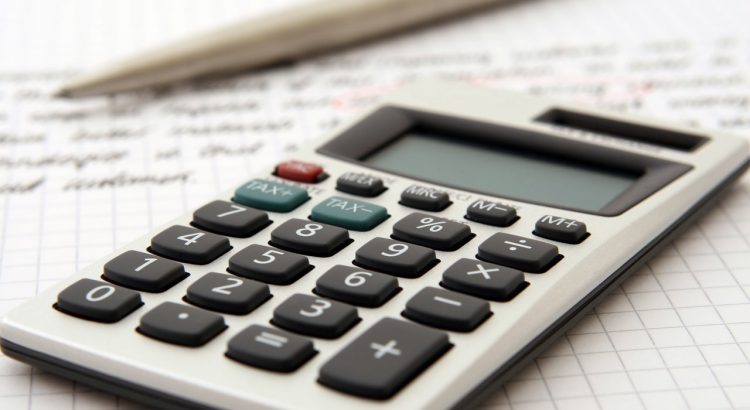There are various tax implications to consider when you’re looking at investing in property. Keep an eye out for new legislation as it changes relatively often. We’ve broken down all the tax information you’ll need below.
Selling property
You might have to pay Capital Gains Tax (CGT) on any property you buy and sell.
If it’s your home that you’ve lived in during the past three years, then you generally don’t have to pay CGT, as you can claim Private Residence Relief on any profit you might make. However, if you have let your home out during the time you’ve owned it (either part or fully let), you might incur CGT.
If you are selling a property that you haven’t lived in (this could be a holiday apartment, a rental property you have been making money on, or a property you bought for a family member), you can’t claim Private Residence Relief and might have to pay CGT.
Buying property
You might have to pay Stamp Duty Land Tax when buying a property direct.
This will apply if the property you’re buying is residential and it costs more than £125,000. For non-residential properties, the threshold rises to £150,000.
The more expensive the property is, the more you’ll have to pay. From April 2016, an additional 3% is added to each band of Stamp Duty when you buy an extra home or a residential buy-to-let property.
Tax on rental income from direct property investment
With the first two, you can claim expenses back to reduce your income tax bill. With rent-a-room, you get a tax-free allowance.
Letting a residential property as an investment
If you are renting out either the whole of your property or part of it for someone to live in, then you will pay tax on the profit you make from this rent.
The profits are treated by HMRC as a normal part of your income, so tax is charged at normal rates. You need to calculate the profit you make exactly, including what you can deduct. These include Council Tax, letting agents’ fees and buildings insurance. This will reduce the tax you pay.
If the property is furnished, you can also benefit from a renewals allowance or a wear and tear allowance (you can’t claim for furnishing it initially).
Letting a holiday home as an investment
The property you rent as a furnished holiday let must meet certain conditions. It must be either in the European Economic Area (EEA) or in the UK and it can’t be let out for more than 31 consecutive days.
It must be available as a holiday rental for at least 210 days of the year and let for at least 105 days.
You receive the same allowable expenses listed above.
Rent-a-room scheme
For those who choose to rent out rooms in their property to lodgers, there’s a choice between treating it as residential property letting, or claiming Rent-a-Room tax relief. For the latter to be considered, it can’t be a separate flat and the lodger must share common spaces, like the kitchen.
The benefits are that you don’t have to pay tax on the first £7,500 of your income from rent. However, you can’t deduct any expenses and if you make a loss, you can’t deduct from your other taxable income.
For example, if you’re the only owner of a house and you make £7,900 in rent, you won’t pay income tax on the first £7,500. You will pay on the amount (£400) over the threshold, in the same way that SelfAssessment tax works.
Generally, if it’s going to cost you more than approximately £4,000 to maintain the room that you’re letting out, then it’s probably more sensible to go with treating it as residential property letting. Tax on indirect property investment
If you’re investing through a fund, or buying shares in an investment scheme or company to deal with your property portfolio, then you may experience special tax arrangements.
Real Estate Investment Trusts (REITs)
A REIT is split into two different parts for tax purposes. There is the property letting business, which is ring fenced and therefore exempt from paying corporation tax. Then activities, such as property management services, that are not ring fenced.
In terms of dividends:
• The payment you receive from the taxexempt part are considered UK property income for the investor. These are paid net of basic tax rate. Non tax payers can reclaim this, and if the REIT is held in an ISA, investors receive the payments gross.
• The payments from the non-exempt element are paid with a tax credit, in the same way any other UK dividend is.
Property Authorised Investment Funds (PAIFs)
These are similar to REITs and also have tax breaks which are passed on to the investor.
For property funds that are neither REITs and PAIFs, few will come with tax breaks. It’s always wise to check with the FCA that they are legitimate to minimise your risk
